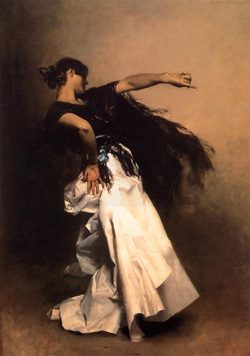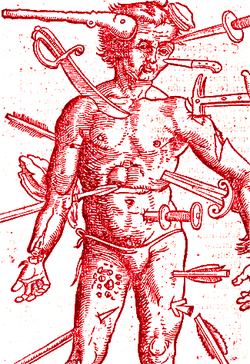
Following today's publication, we will be posting incredible author & editor interviews, including one with the wonderful poet Christine Korfhage. We're honored to be growing and evolving with some of the best writers and poets we've seen today. The new Calamity Jane issue will be released this week as well.
The literary contest winners will be announced the first week of October, with one poetry winner and one prose winner (along with runners-up). The winners will receive online and print anthology publication, payment, an interview and one copy of Caper's Vwa: Poems for Haiti.Submit today!
Lastly, for anyone interested in more about Caper Literary Journal, read our Duotrope's Digest interview, Poets & Writers Magazine page and check out our upcoming interview on Six Questions For...
In Issue 7, you will find:
Laury A. Egan
Michelle Ong
Laura Leedy Schneider
pd Lyons
Roberto Beltran
Dallas Woodburn
Simon Perchik
Stan Galloway
Danielle Spears
Christine Murray
Christina Murphy
Suchoon Mo
plus an Editor's Choice poem by Martin Espada, whose poem, Alabanza, In Praise of Local 100, is written in light of the September 11 tragedy.

 RSS Feed
RSS Feed
